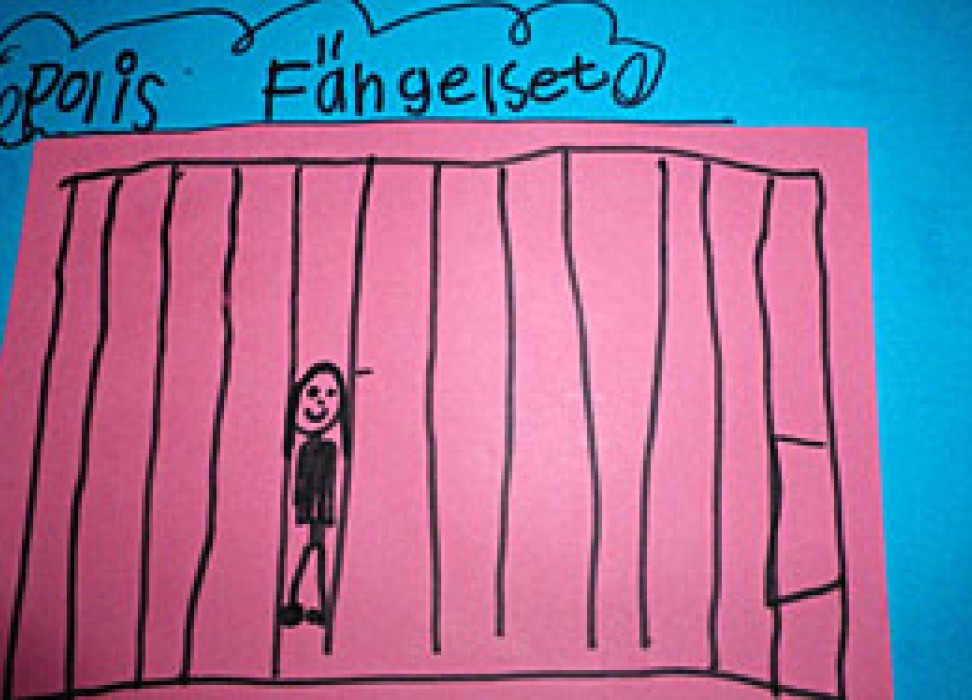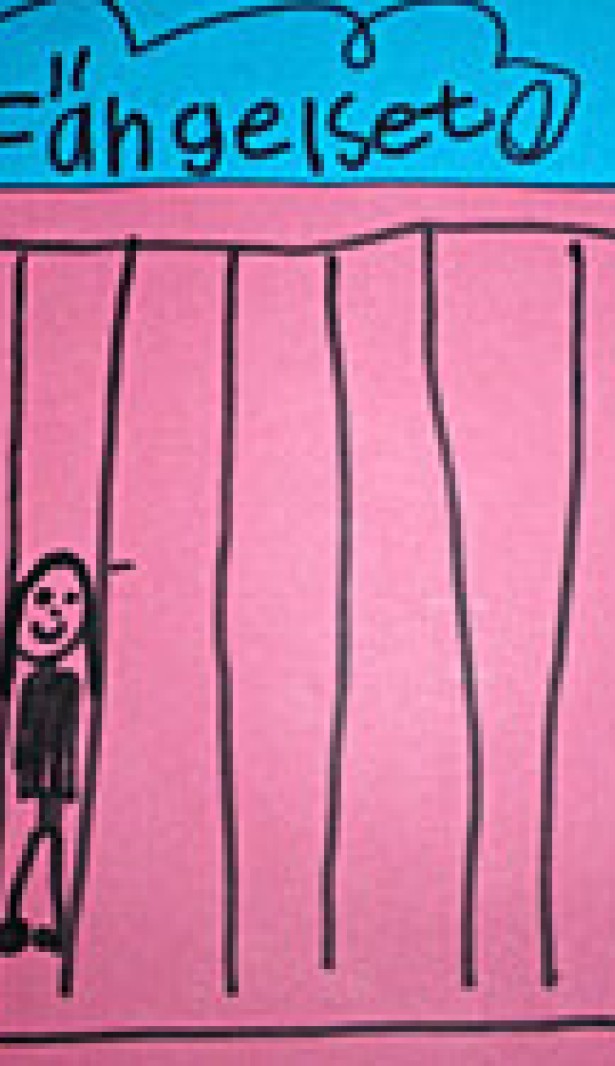Children of Parents in Prison
01 November 2011

Sian was 8 years old when her father went to prison to serve a 19-year sentence. Raheel was 16 when his father began serving a seven-year sentence.
Both Sian and Raheel want to use their experiences to call for changes to the prison system, which – too often – overlooks the rights and needs of children of incarcerated parents.
Sian and Raheel were among the panellists sharing insights at a day-long discussion on “Children of Incarcerated Parents” organized by the UN Committee on the Rights of the Child in September 2011.
“Do not feel left out,” was the advice that Sian and Raheel had for other children of imprisoned parents. “Seek out available information relevant to your circumstances, and use your own experience to inspire positive change, perhaps through the assistance of a non-governmental organization.”
The Day of General Discussion, attended by over 200 practitioners and experts from across the world, explored State policies and practice related to babies and young children living with a parent in prison and children left “outside” when their parent is imprisoned.
Again and again it was stressed that children’s best interests must be at the forefront of decisions related to offending parents, before, during and after imprisonment. Children often feel like they are ignored by the process: “Why don’t prison staff treat us like human beings? Why don’t we have any privacy when we visit our parents in prison? Why aren’t there support groups for children going through similar things? ” were just some of the questions that children asked.
Recommendations from the Day included considering non-custodial sentences when the offending parent is a primary caregiver, the importance of deciding on a case-by-case basis when infants or children should live in prison, and the role that new media can play in communicating with a parent in prison, when face-to-face meetings are not possible.
The often overlooked frequent and serious harms faced by children with an incarcerated parent, include sadness, anger, worry, social exclusion, depression, a sense of loss as well as a sense of abandonment and rejection. Some children also worry about the stigma of having an incarcerated parent and suffer from trauma, fear, shame, guilt and low self-esteem.
In a book entitled “What will happen to me?” which explores the effects of incarceration on children, Jasmine talks about her mother’s imprisonment. “A whole lot of days I could not go to sleep without my mum. I had some bad dreams, so my daddy gave me an invisible necklace,” says Jasmine about her mother’s imprisonment. “I could not live without her. It was like a curse. It was like prison.”
The Committee is a UN body of independent experts responsible for monitoring the implementation of the Convention on the Rights of the Child, which is the most widely ratified international human rights instrument to date, with 193 States parties.

VIEW THIS PAGE IN:
